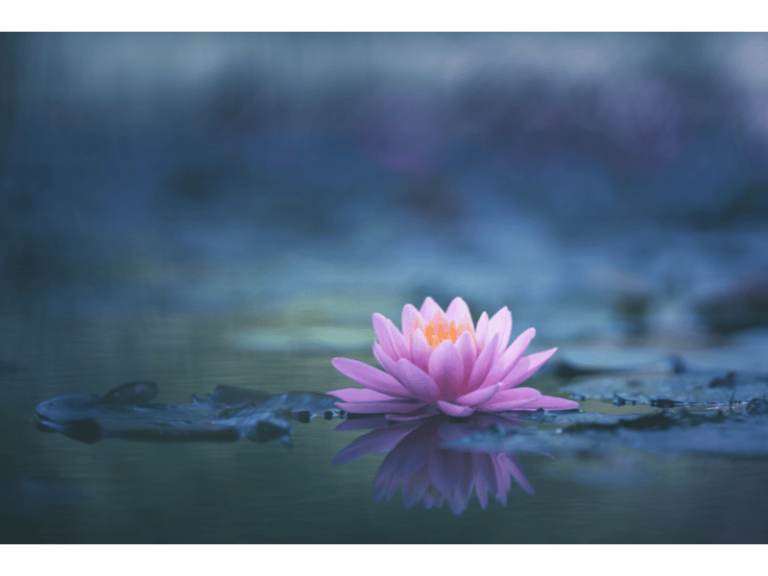Several years ago, curious botanists excavated some small, hard round objects from underground peat layers in a certain location. These round objects resembled lotus seeds to the botanists.
Carefully, the botanists wrapped these round objects and brought them back for research. They gently scraped off the hard outer shell with a file and soaked them in water. Within a few days, to their surprise, the round objects sprouted tender green seedlings! With careful nurturing, these seedlings grew vigorously, developing large umbrella-like leaves and beautiful pale pink flowers — lotus flowers.
Over thirty years ago, scientists also discovered these ancient lotus seeds in the same place. At that time, they estimated that the lifespan of these ancient lotus seeds was at least 160 to 250 years.
Nowadays, using advanced instruments, scientists have determined that these ancient lotus seeds have been buried underground for over a thousand years.
The longevity of plant seeds is truly astonishing. You might say, “These lotus seeds are quite rare in the world.” No, they are not that rare: many clover seeds, for instance, can lie dormant in the soil for up to twenty years without losing their ability to germinate.
Why do some seeds have such long lifespans?
Don’t assume that seeds are completely inert once they leave their “mother.” Seeds possess the ability to survive independently after leaving their parent plant. Inside the seed, there is a “warehouse” filled with nutrients. Seeds can endure extreme cold and heat; the cells inside continue to respire vigorously. However, if seeds contain little moisture or are encased in a tightly sealed hard shell, their respiration slows down significantly, consuming very little of their nutrient reserves. This allows plant seeds to live in a dormant state for extended periods.
However, once these dormant seeds are soaked in water and encounter suitable temperatures and sufficient air, they awaken, their respiration intensifies significantly, and cells quickly begin to divide, reproduce, and develop into seedlings.
Because of this, when people store wheat and cereal seeds, they always dry them and store them. Conversely, when planting, they soak them in water to stimulate germination and growth.

